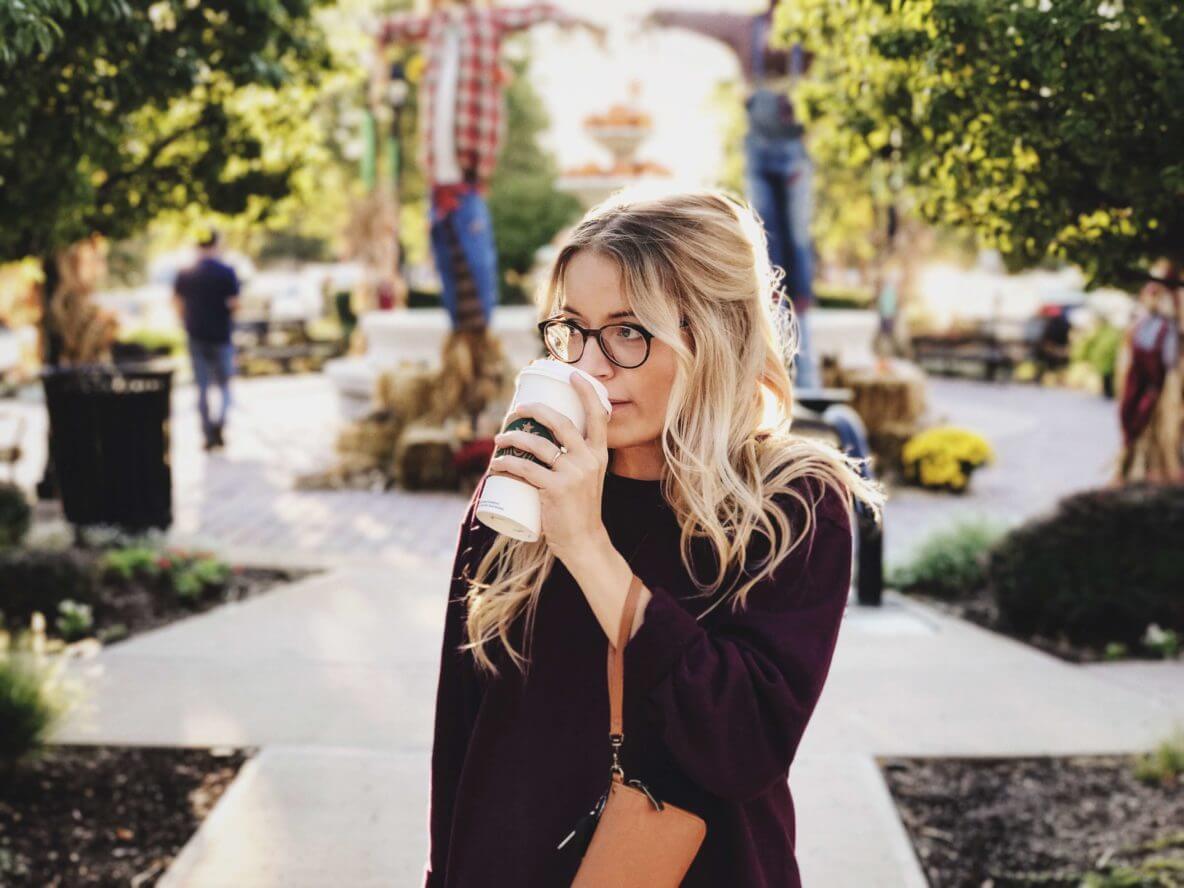
Table of contents
5 tips to end your relationship with plastic
Admittedly, the title is a bit provocative. But I think that each of us is now aware that plastic is harmful to the environment. Nevertheless, we are so used to using plastic every day that it is not that easy to reduce our own plastic consumption at first. Where do I start? Should I feel bad if I use plastic? What to do with all the plastic I own?
Here are my 5 tips
1. Go slow
Once you notice all the plastic it's practically impossible to stop seeing it! Plastic is simply EVERYWHERE. It seems like you can never escape it. But I promise you, with a little practice you can reduce your use of plastic. It just takes time. Don't feel obligated to change everything all at once or stop touching a single piece of plastic from today. It's okay to take your time - no one becomes plastic-free or a zero-wastler overnight.
Start very slowly and start where you can. Disposable coffee cups, straws, plastic bags and plastic bottles are a great start and make a big difference! These changes also happen outside the home. This way you can focus on using up the plastic you already have at home before you move on (see point 2).
Another way to slowly start reducing plastic: live completely (single-use) plastic-free one day a week. This gives you an overview of when, where and in what type of plastic you use without overwhelming yourself.
2. Use up what you have
It's totally contradictory to one zero waste lifestyle, throwing unsustainable materials in the trash only to then buy more sustainable products. Instead, it is much more sustainable to use plastic products that you already have at home (like lunch boxes or plastic water bottles) until they are no longer usable.
I was surprised at how much (single-use) plastic I actually had flying around at home when I actually went through my cupboards and shelves. If you have a plastic product that is still in good condition but you would like to get rid of, there is of course also the option of donating this product.
Producing less waste also means contributing to the second-hand market. This means the product can continue to be used and does not end up in the nearest landfill (or at some point in the oceans). It also helps reduce the need for new resources to create new products.
You should use up products that are not suitable for donation. I totally understand how tempting it is to buy new makeup without microplastics or one of those beautiful stainless steel bottles. But unfortunately that's not really sustainable. Use up the things or use them while you can, and then take the next step.
If you no longer feel comfortable using some of the products because of their ingredients (e.g. microplastics or plasticizers), try passing the products on to friends or family members (of course only if they would use the products or buy them anyway).
3. Out of sight…
Sometimes it makes sense to use disposable items in certain circumstances. For example, I still have a few disposable razors from days when I didn't think about zero-waste. These prove to be useful when traveling by plane, as you are often not allowed to take a metal razor with a blade in your hand luggage. Plastic bags also make sense to keep if you can reuse them as garbage bags. There is no reason to just throw them away.
At the same time, you no longer want to be tempted to use disposable items as often, especially when you start your own zero-waste journey. Therefore, it makes sense to store these items in a place that is not easily accessible, such as in a box at the top of a shelf. This will stop you from reaching for these things. And yet they are still accessible and usable for certain situations.
4. Plastic is toxic
I have to admit: there are tons of pretty, clever or practical products that are packaged in plastic. Whenever I am tempted to buy such products, I remind myself that plastic is toxic. It is toxic to our health and to our planet. So if I have the choice between plastic-packaged and non-plastic-packaged items or foods, then I like to choose the products that are not packaged in plastic. It's actually logical, isn't it?
Unfortunately, supermarkets still don't make it so easy for us to find unpackaged (or carefully packaged) food. But the situation is improving! There are also plastic-free alternatives to many foods if you just keep your eyes open.
So remind yourself from time to time that less plastic is not only good for our planet, but also for our health. This increases your motivation to a completely different level.
5. Have fun!
If you're having trouble getting away from plastic, find something that makes you enjoy it. A great bonus of living plastic-free, for example, is that your apartment becomes more aesthetically pleasing. Furniture and objects without plastic are often more stable, more durable and “clearer” in design.
Consumption is not the point of the zero-waste lifestyle, but buying something that motivates you or makes your life easier can help a lot! If it helps you produce less waste or buy less plastic in the long run, then treat yourself! There are no hard and fast rules or do’s and don’ts here. If it helps you and encourages you to live a plastic-free life, then go ahead and buy the mason jars for your kitchen shelf or the glass straws. The important thing here is that you don't simply throw away the equivalent plastic products. But we've already discussed that.
Reducing your own consumption of plastic or establishing a zero-waste lifestyle in the long term is a long journey that will probably never end. The bottom line is: Do what you can and give it your best!
If you would like to learn more about healthy eating, mindfulness or sustainability, Check out more exciting blog articles on these topics here.









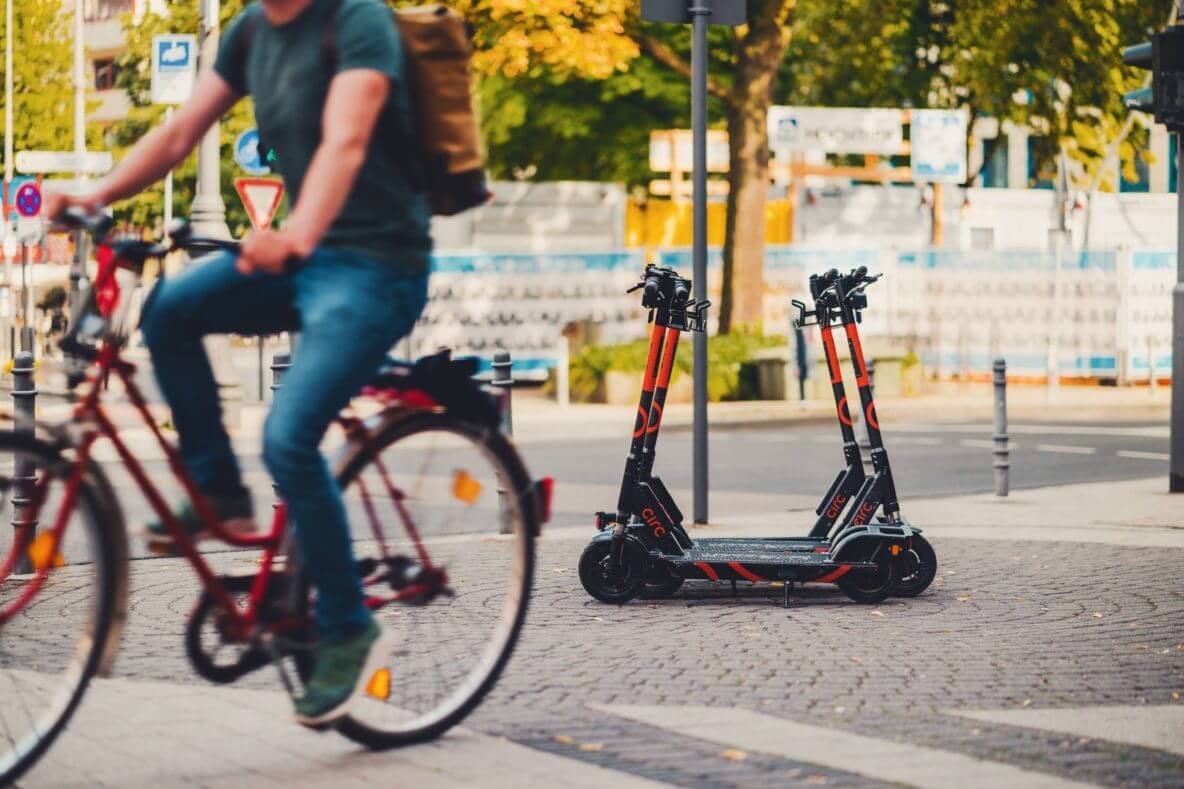

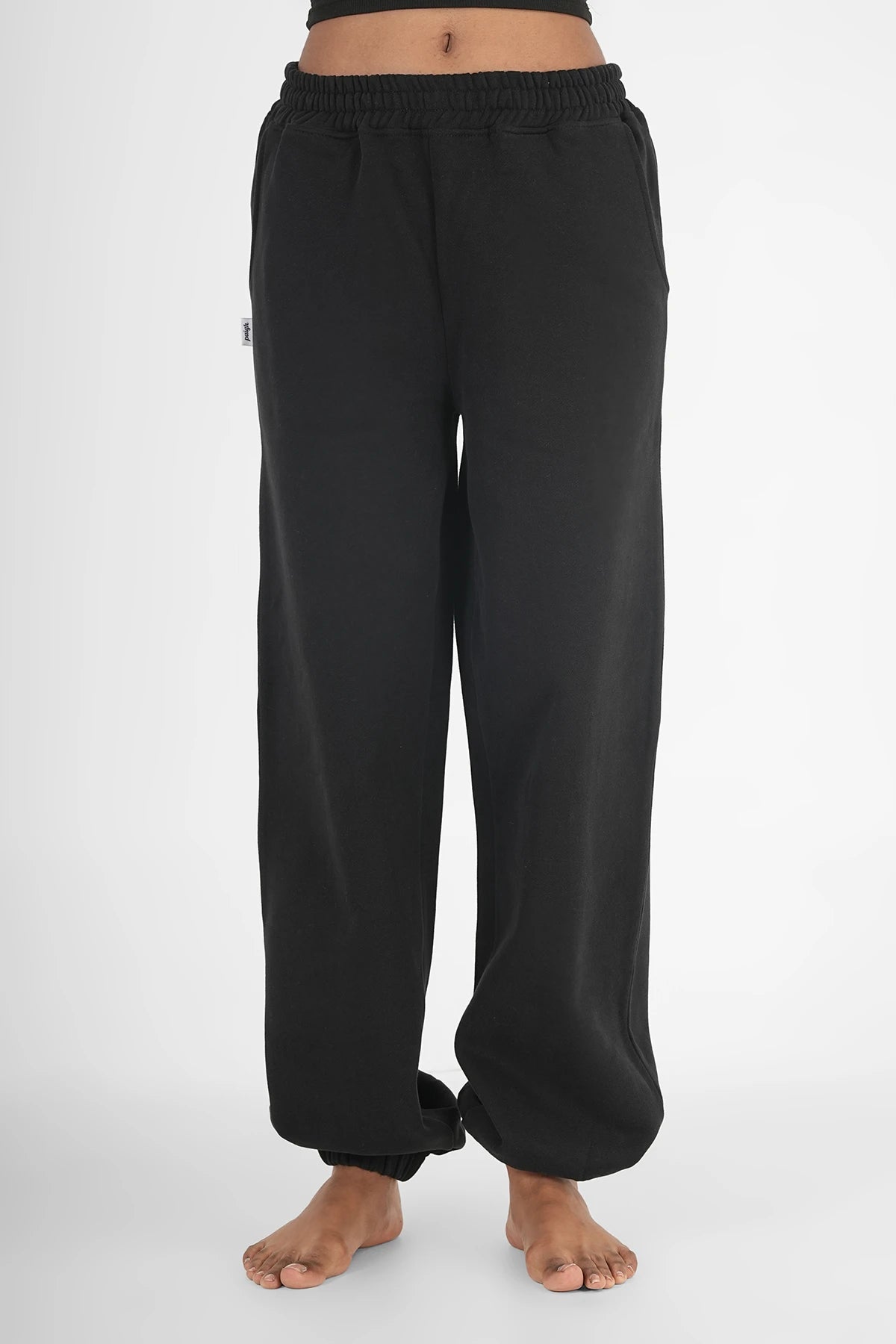
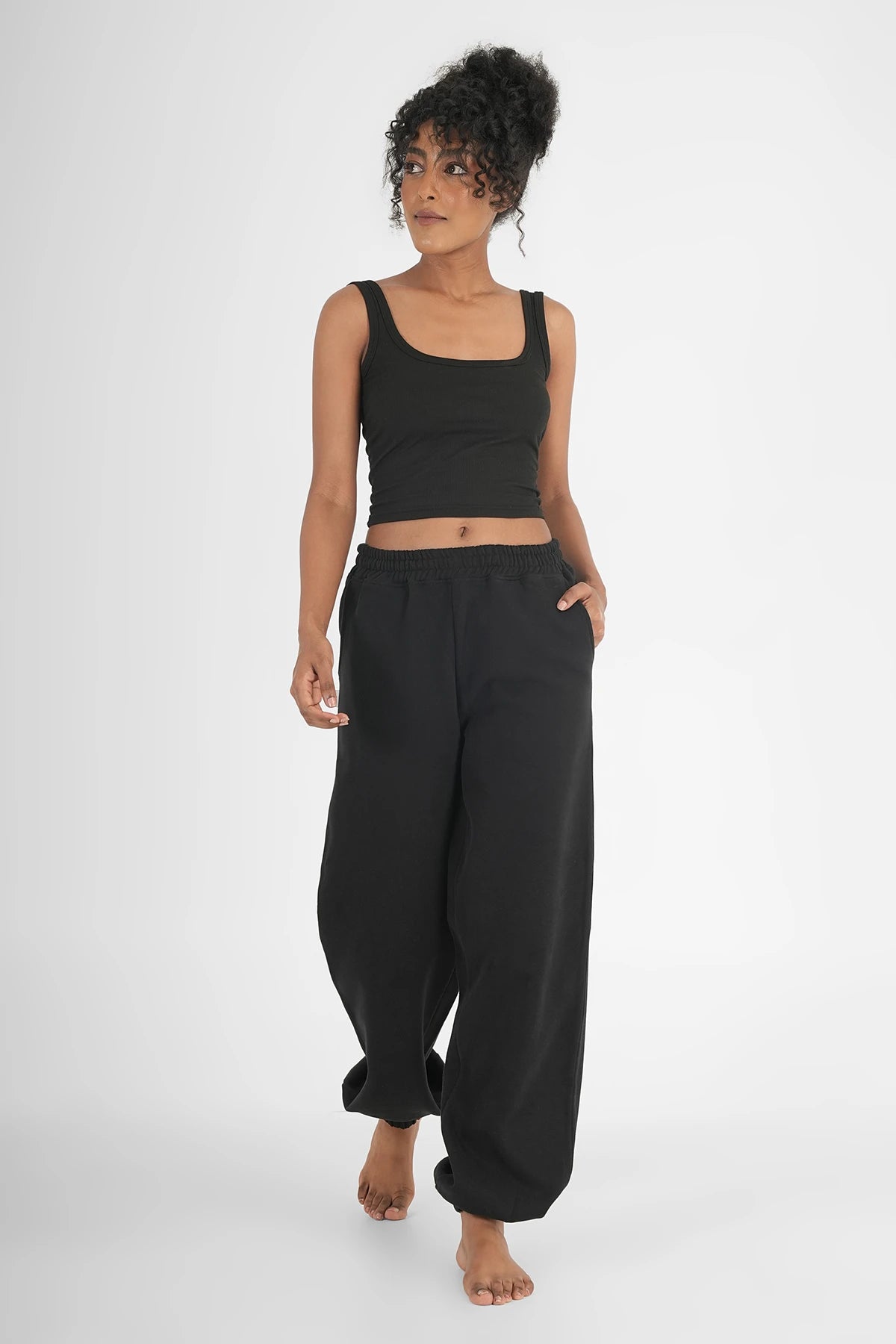
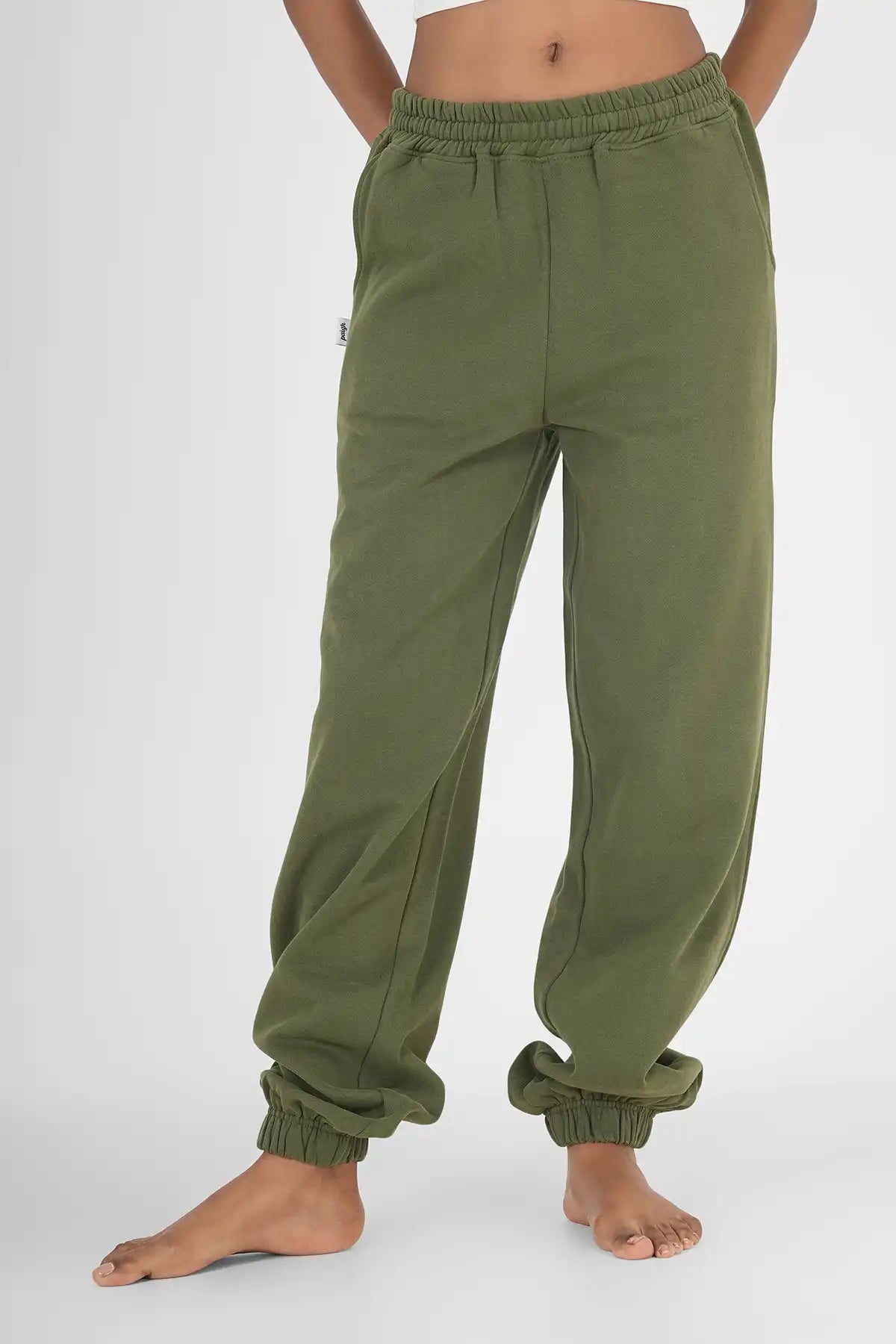

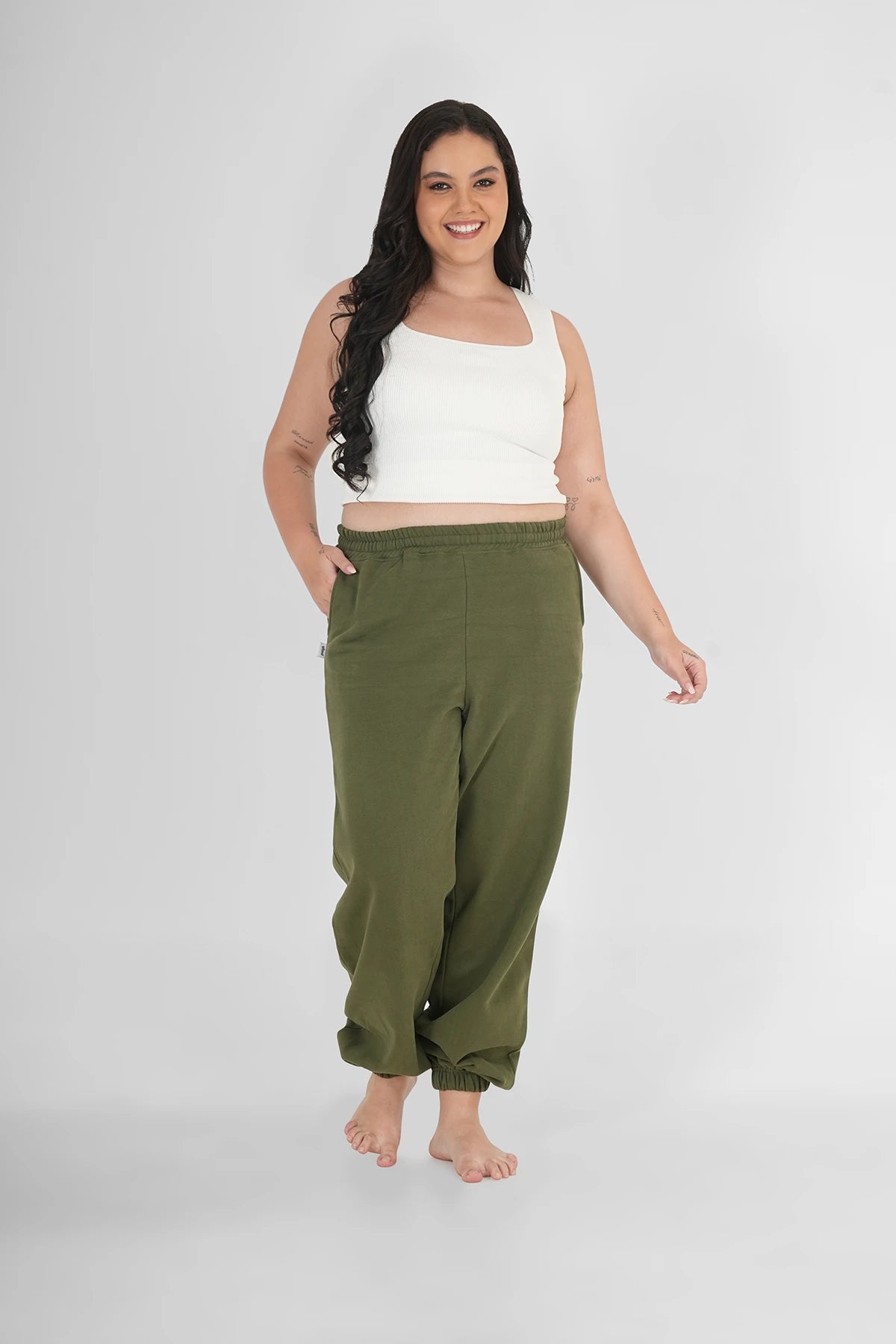
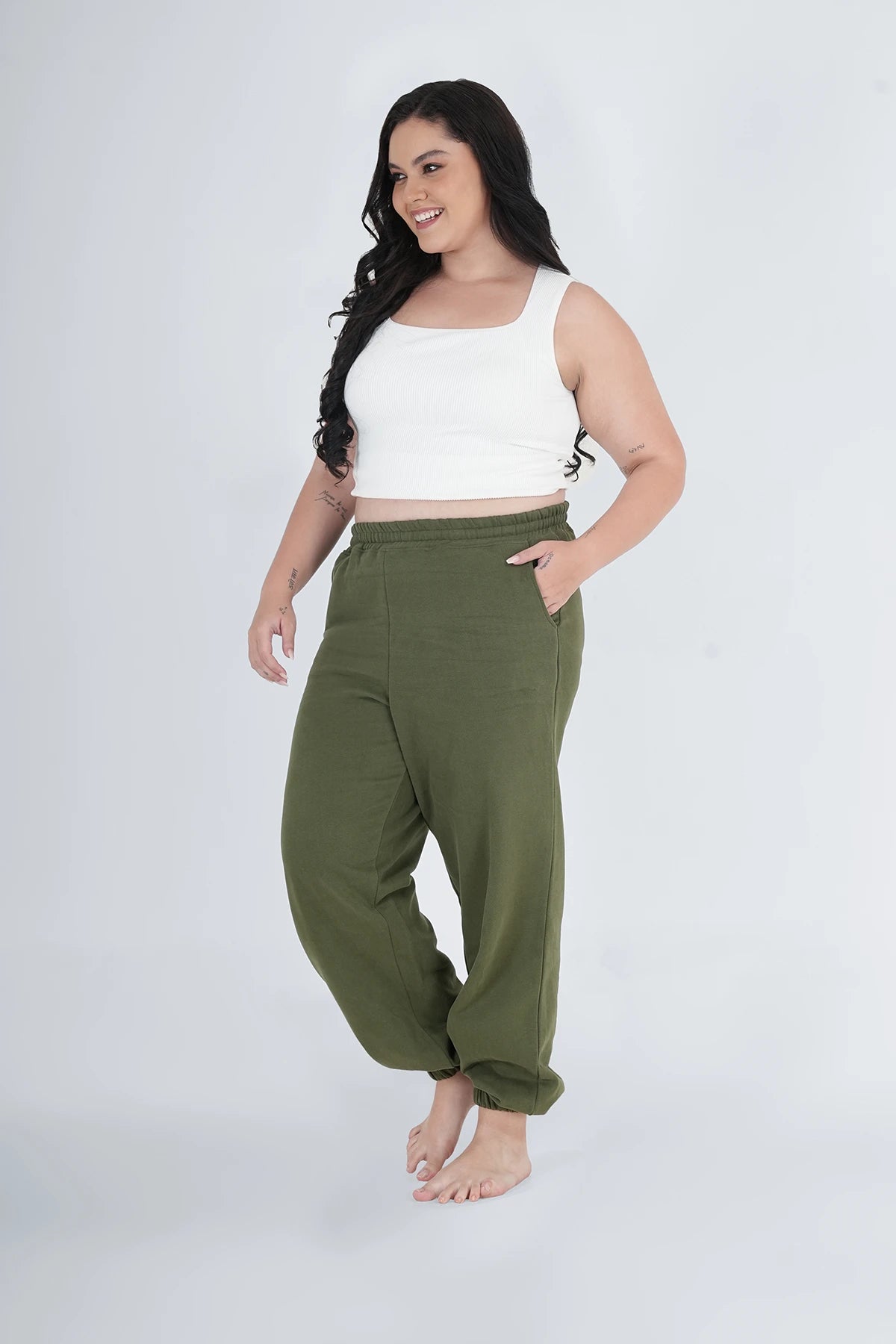
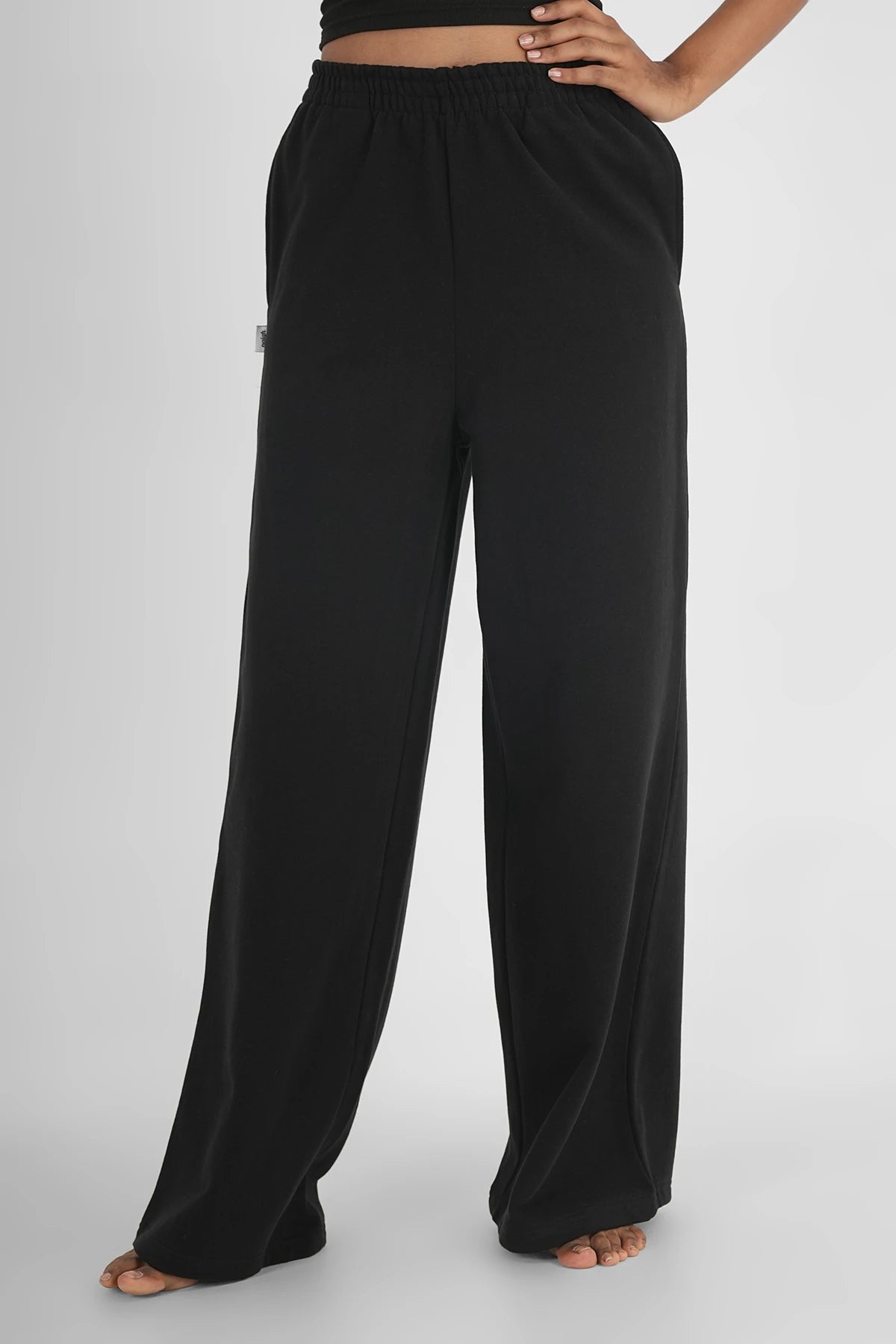

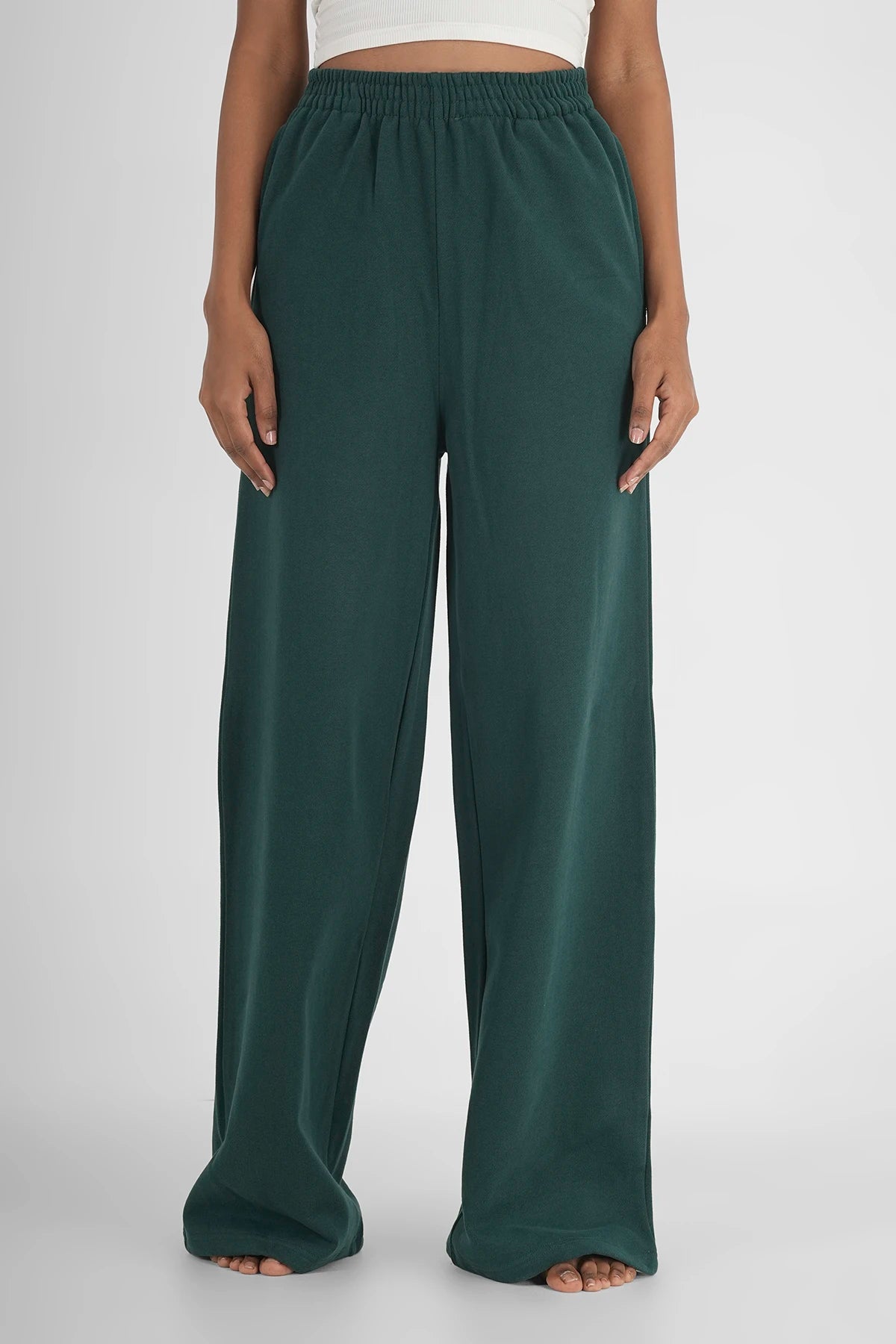
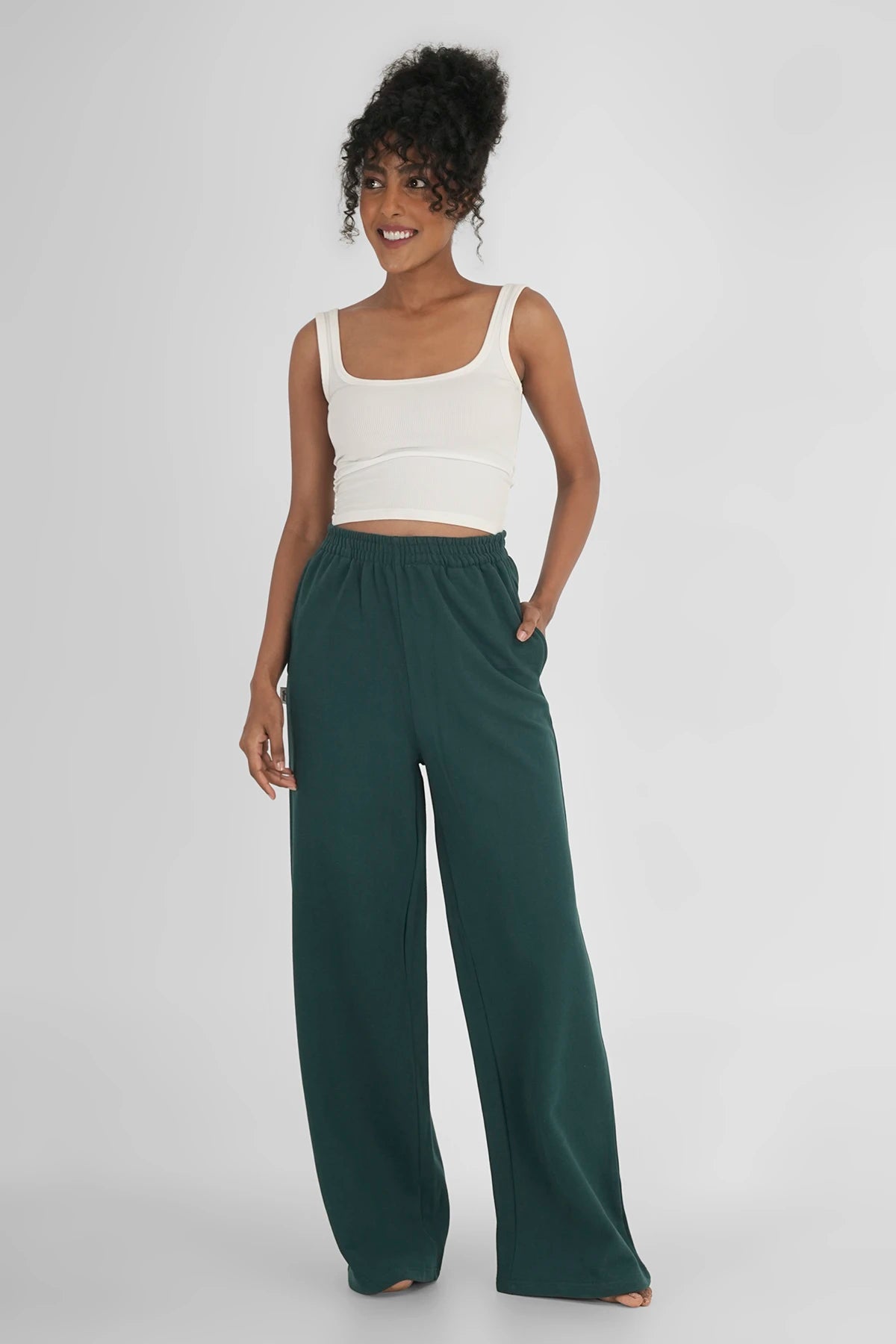
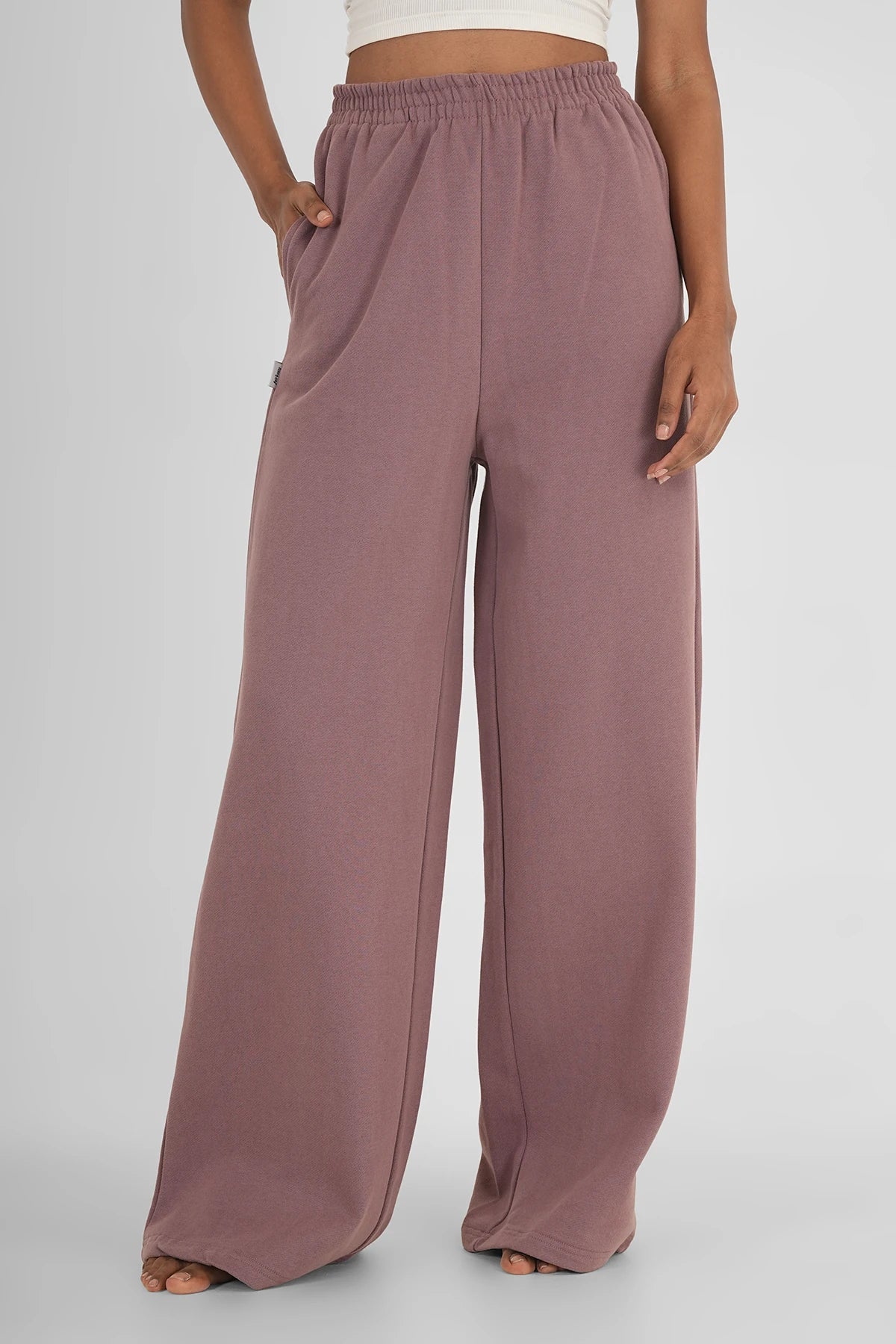
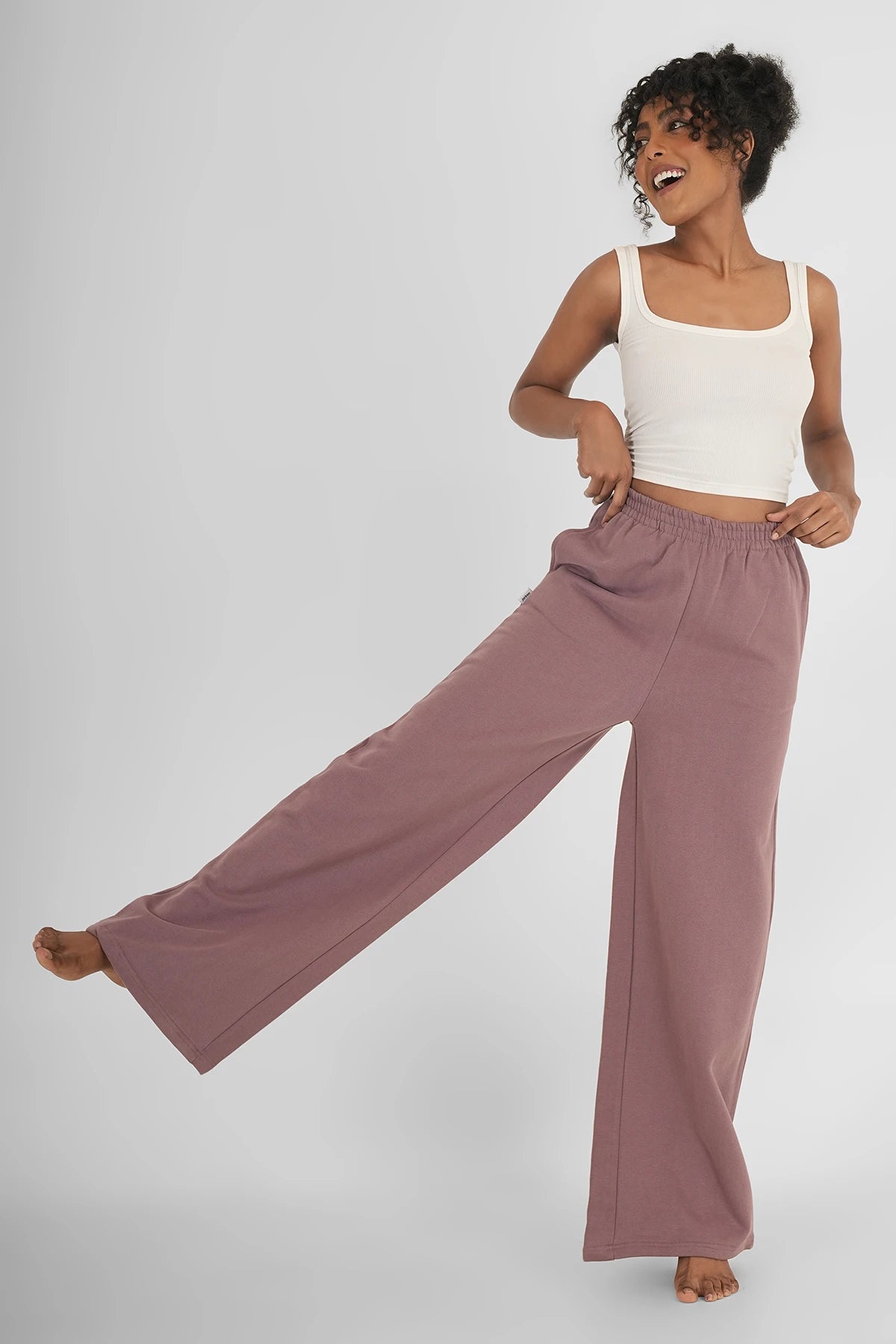
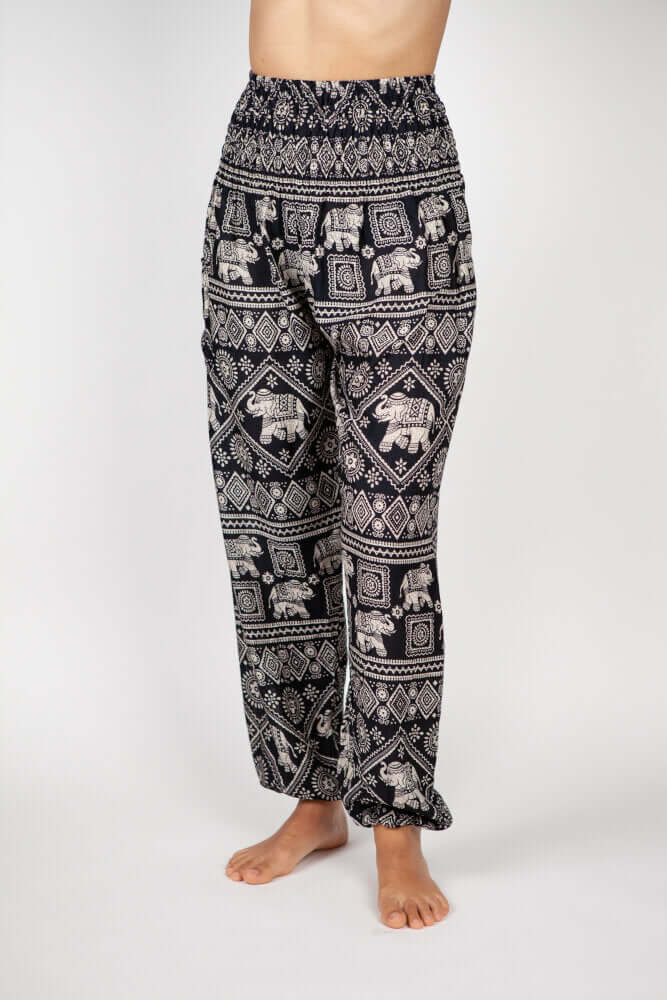

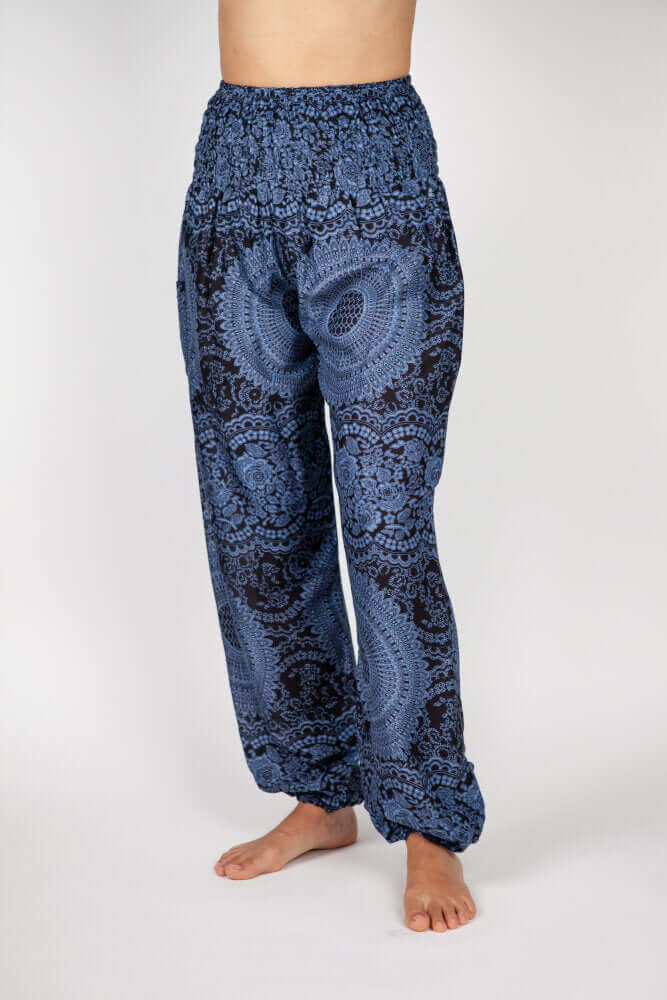



Leave a comment
This site is protected by hCaptcha and the hCaptcha Privacy Policy and Terms of Service apply.